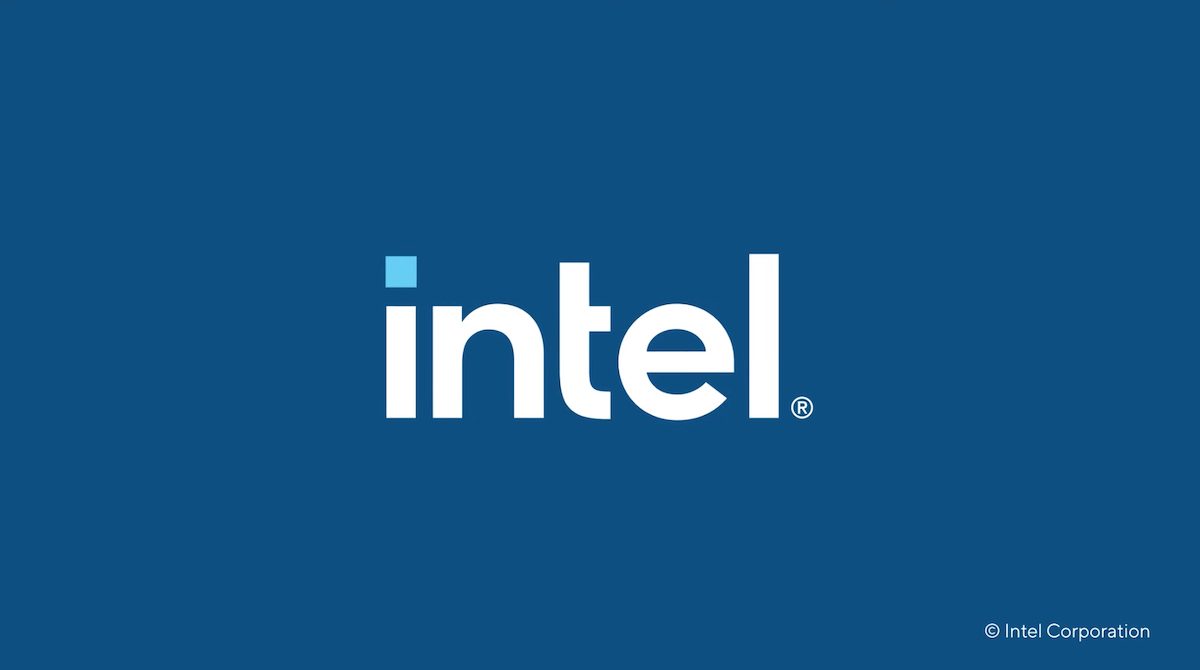Apple’s M1 Max chips have shown amazing performance while consuming 60W and less, compared to chips from Intel and AMD which use a lot more power to deliver similar results. Intel has recently released its new Alder Lake chips for desktop and the tech community has been rushing to compare these new power-hungry chips against Apple’s power-efficient laptop chips, which has not been a fair comparison. However, we have finally seen some Geekbench 5 benchmarks for the new Intel Core i7-12700H chip from Gigabyte Aero 5 XE and HP Omen 17 laptops, and the results show that M1 Max is still ahead.

Intel’s new Alder Lake chips have a hybrid architecture, similar to Apple Silicon in the way that it utilizes a mix of high performance and high efficiency cores. Early results from desktop Alder Lake CPUs showed a considerable performance increase in single-core and multi-core performance, however, comparing them to laptop-based Apple Silicon would not be appropriate due to the huge difference in power draw. Now that we have an apples to apples comparison, here is how Alder Lake performs in Geekbench 5, compared to M1 Max and M1 Pro:
Alder Lake Geekbench scores
- Single-core: 1340
- Multi-core: 11138
M1 Max Geekbench scores
- Single-core: 1768
- Multi-core: 11968
M1 Pro Geekbench scores
- Single-core: 1768
- Multi-core: 11680
It is important to note that the new Alder Lake CPUs support DDR5 memory, however, the Geekbench test results page shows DDR4 being used instead. Despite losing to M1 Pro and M1 Max chips, these new Intel chips represent a definite improvement over Intel’s 11th generation Tiger Lake chips and even top-of-the-line AMD Ryzen 9 chips. However, Apple’s M1 chip also beat Intel’s 11th generation Tiger Lake chips in multiple benchmarks, while consuming almost half the power, so Intel still has some catching up to do when it comes to performance and efficiency in laptops.
Alder Lake chips will not be available in laptops until next year. Second-generation Apple Silicon is expected to launch next year built on an enhanced 5nm process, with the aim to double the performance output of the first-generation M1 chips.
Read more:
- Apple’s M1 chip is faster than Intel because of improved task scheduling in macOS
- Intel mocks Apple’s M1 Macs and highlights their limitations in new ad campaign
- New Intel CEO mocks Apple as a ‘lifestyle company’, calls staff to deliver better products
- M1 Max vs Nvidia RTX 3080 comparison shows Apple lags in gaming benchmarks
- M1 Pro and M1 Max Geekbench and Cinebench benchmarks show how fast they are [U: GFXbench 5]
- 16-inch M1 Max MacBook Pro is a power house, says professional photographer Austin Mann
- Apple’s M1 Max outperforms AMD Radeon Pro W6900X in Affinity GPU benchmark
- M1 Pro and M1 Max analysis reveals the new chips vastly outperform competitors